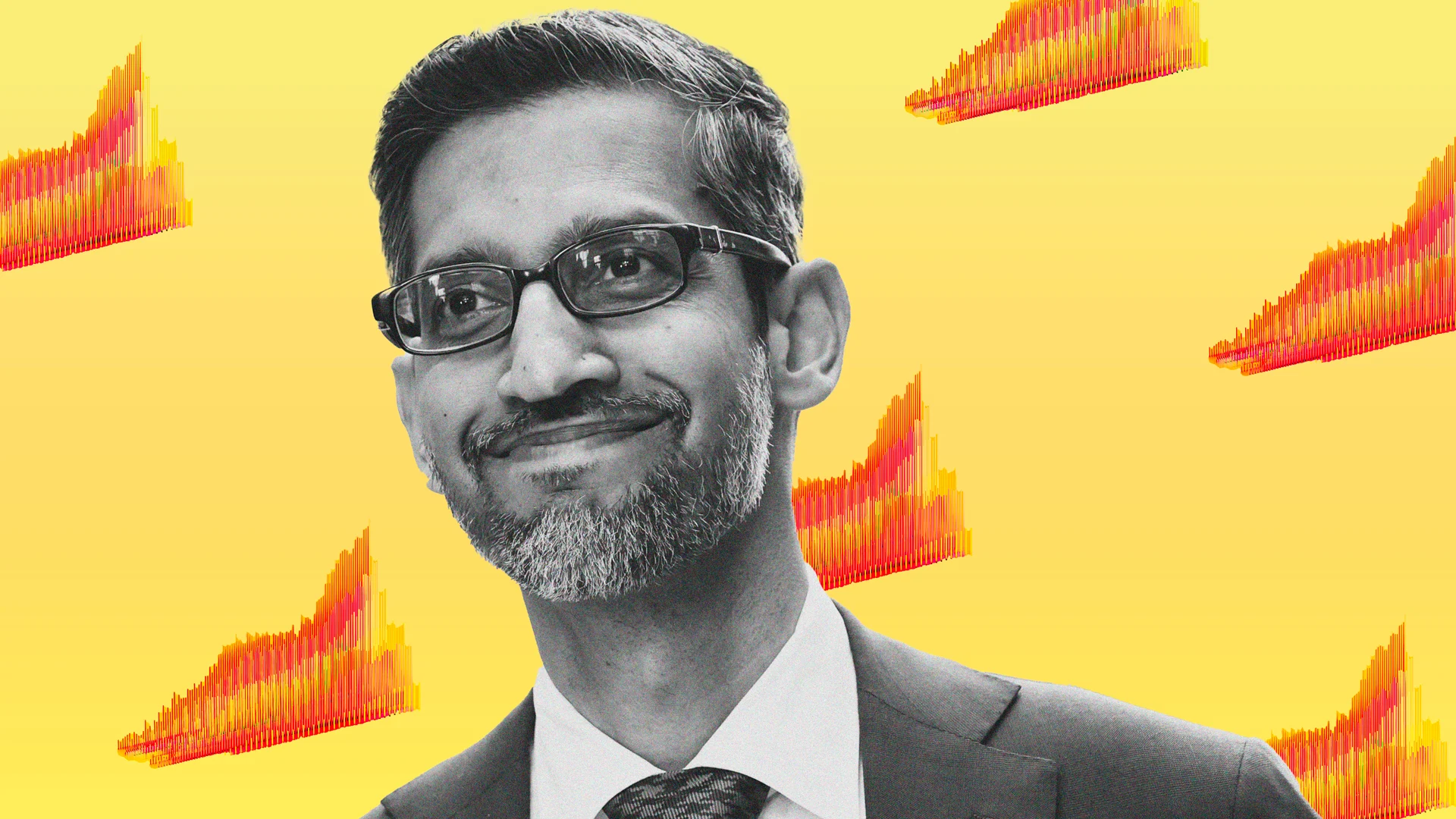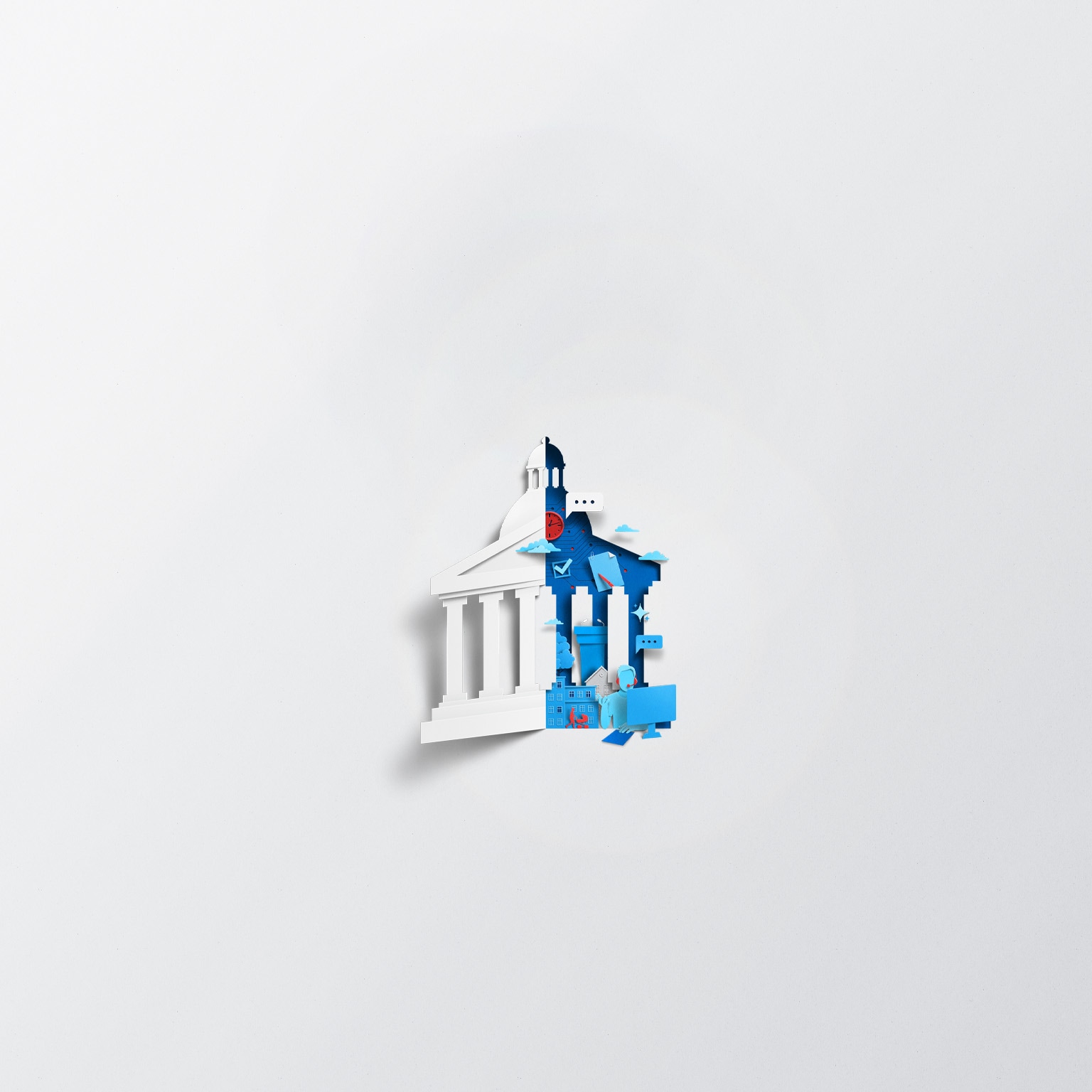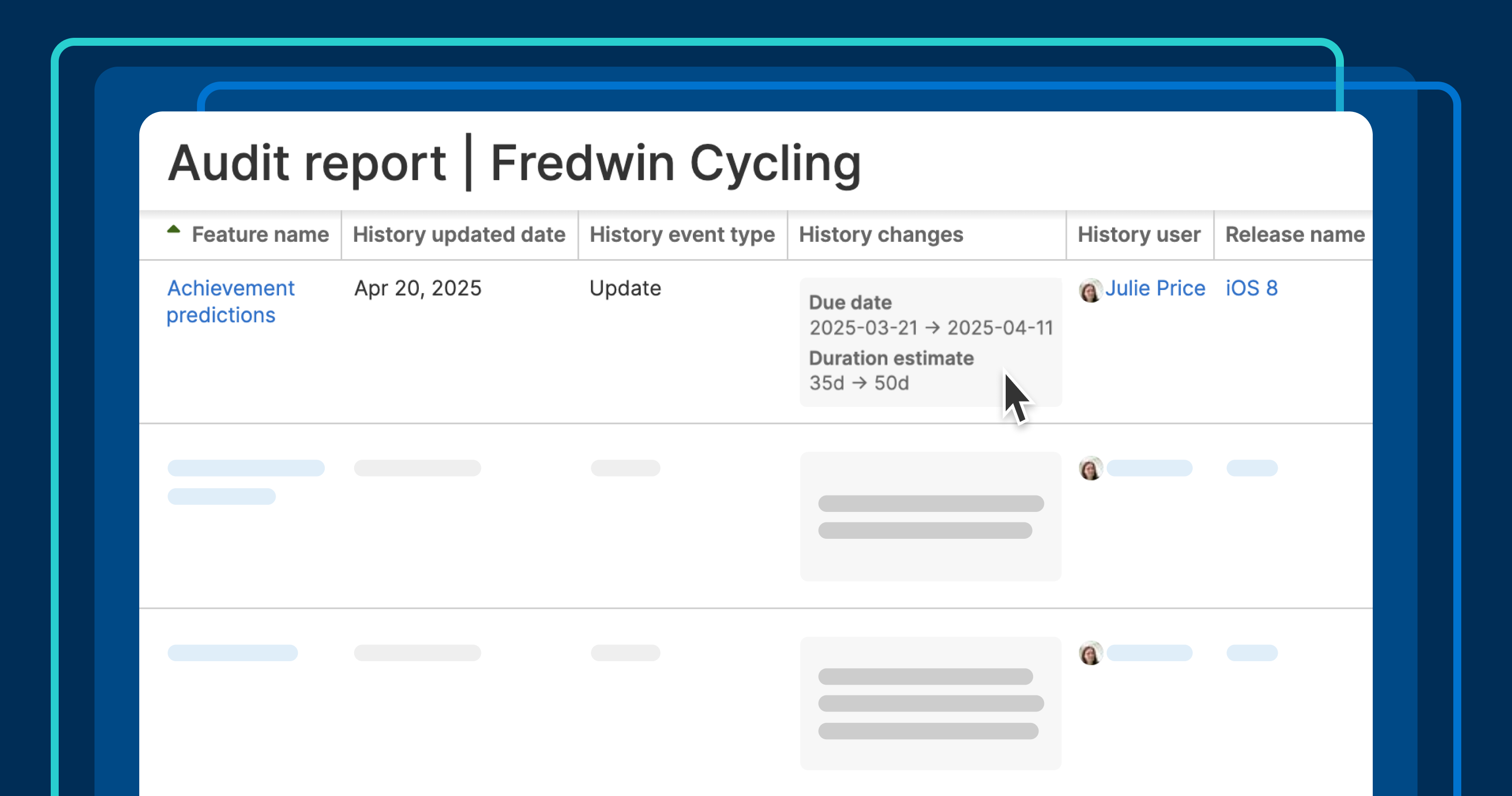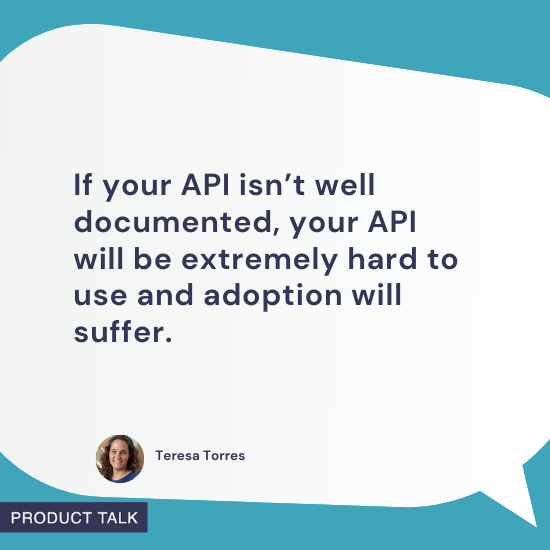How to be impressive in a job interview without sounding like a narcissist
Job interviews are the fortune cookies of hiring—vague and often misleading. But companies keep using them, despite research suggesting that typical job interviews are mostly unreliable predictors of future job performance, because they give hiring managers the illusion of insight, and a convenient way to validate gut instinct with zero data. It’s not that all interviews are useless; some formats, like structured behavioral interviews with scoring rubrics, including AI-based scoring algorithms that match responses to actual outcomes and future performance, can be moderately predictive. But the typical unstructured interview? Oftentimes, it conveys the illusion of predictability by allowing hiring managers and interviewers to unleash their biases and subjective preferences during the interview, and then reactivate those same biases during their job performance ratings and evaluations of those candidates, once they become employees. It’s mostly a personality contest masquerading as a talent evaluation. The candidates who perform best in interviews are often the ones with the most confidence, charisma, and charm. Unfortunately, these traits are also the calling cards of narcissists, Machiavellians, and the occasional smooth-talking psychopath. What passes for “leadership gravitas” can often be ego dressed in a blazer. In fact, studies show that narcissists are more likely to be seen as competent in interviews—especially by less experienced, trained, or qualified interviewers who confuse bravado with ability.. So how do you stand out in an interview without sounding like you’re auditioning for a TED Talk titled “Why I’m Amazing (and You’re Lucky I’m Here)”? Here are five science-based recommendations: 1. Quantify your brilliance instead of announcing it It’s one thing to say you’re “a strong leader.” It’s another to say you managed a team that increased revenue by 35% in under a year during a hiring freeze. Guess which one gets remembered? Vague self-praise triggers skepticism. Data builds trust. Candidates who provided specific behavioral examples—especially with measurable outcomes—are generally rated significantly higher in competence and hireability. Swap generic lines like “I’m results-oriented” for “I led a cross-functional team that reduced churn by 28% in Q3.” And when you do this, resist the urge to sound smug. If your data is good, it speaks for itself. No need to add a drumroll. 2. Be confident enough to admit what you don’t know Ironically, one of the most confident things you can do in an interview is say, “I don’t know.” Not followed by silence, of course—but followed by “. . . but here’s how I’d go about figuring it out.” This signals humility and problem-solving, a combo that’s far more attractive than pretending you’ve mastered every domain from supply chain to quantum physics. As psychologist and author Tasha Eurich suggests, self-awareness—particularly awareness of one’s own limitations—is a key marker of effective leadership. If you mention a skill you haven’t mastered, follow it with a brief story of how you’ve successfully learned something similar.Now you’re not just self-aware—you’re coachable. In today’s volatile and unpredictable job market, people should care less about what you know, and more about your ability, disposition, and willingness to learn in the future. 3. Show you have empathy Narcissists tend to lack empathy. So, if you want to distance yourself from that ego-obsessed camp, demonstrate that you can see the world through someone else’s eyes. Empathy isn’t just about being “nice” in interviews. It’s about showing an ability to collaborate, manage conflict, and not derail an entire Slack thread with your emotional immaturity or self-centered delusional rants.Same rule applies to the job interview: When you describe past experiences, include others in the narrative. What were their challenges? How did they feel? How did you adapt your approach to help? How did you realize they felt and reasoned? Ask your interviewer thoughtful questions about the team dynamics, not just your potential title. It shows you care about humans, not just your LinkedIn profile. 4. Let your achievements shine, but don’t dwell on them for too long The bigger the accomplishment, the more chill you should be when you mention it. There’s a fine line between “that’s impressive” and “wow, do you talk about anything else?” We’ve all met someone who peaked in high school sports and never got the memo. Think of it this way: if you’re a big deal, you don’t need to say it—your story should do the heavy lifting. Let your success land quietly and let the interviewer be the one who leans in. For example, instead of “I turned around a failing division single-handedly,” try “I was fortunate to be part of a turnaround effort that ended up boosting performance by 40%.” In other words, same data, less ego. 5. Read the room Here’s a wild idea: Focus more on the people inte

Job interviews are the fortune cookies of hiring—vague and often misleading. But companies keep using them, despite research suggesting that typical job interviews are mostly unreliable predictors of future job performance, because they give hiring managers the illusion of insight, and a convenient way to validate gut instinct with zero data.
It’s not that all interviews are useless; some formats, like structured behavioral interviews with scoring rubrics, including AI-based scoring algorithms that match responses to actual outcomes and future performance, can be moderately predictive. But the typical unstructured interview? Oftentimes, it conveys the illusion of predictability by allowing hiring managers and interviewers to unleash their biases and subjective preferences during the interview, and then reactivate those same biases during their job performance ratings and evaluations of those candidates, once they become employees. It’s mostly a personality contest masquerading as a talent evaluation.
The candidates who perform best in interviews are often the ones with the most confidence, charisma, and charm. Unfortunately, these traits are also the calling cards of narcissists, Machiavellians, and the occasional smooth-talking psychopath. What passes for “leadership gravitas” can often be ego dressed in a blazer.
In fact, studies show that narcissists are more likely to be seen as competent in interviews—especially by less experienced, trained, or qualified interviewers who confuse bravado with ability.. So how do you stand out in an interview without sounding like you’re auditioning for a TED Talk titled “Why I’m Amazing (and You’re Lucky I’m Here)”?
Here are five science-based recommendations:
1. Quantify your brilliance instead of announcing it
It’s one thing to say you’re “a strong leader.” It’s another to say you managed a team that increased revenue by 35% in under a year during a hiring freeze. Guess which one gets remembered? Vague self-praise triggers skepticism. Data builds trust. Candidates who provided specific behavioral examples—especially with measurable outcomes—are generally rated significantly higher in competence and hireability. Swap generic lines like “I’m results-oriented” for “I led a cross-functional team that reduced churn by 28% in Q3.” And when you do this, resist the urge to sound smug. If your data is good, it speaks for itself. No need to add a drumroll.
2. Be confident enough to admit what you don’t know
Ironically, one of the most confident things you can do in an interview is say, “I don’t know.” Not followed by silence, of course—but followed by “. . . but here’s how I’d go about figuring it out.” This signals humility and problem-solving, a combo that’s far more attractive than pretending you’ve mastered every domain from supply chain to quantum physics. As psychologist and author Tasha Eurich suggests, self-awareness—particularly awareness of one’s own limitations—is a key marker of effective leadership. If you mention a skill you haven’t mastered, follow it with a brief story of how you’ve successfully learned something similar.
Now you’re not just self-aware—you’re coachable. In today’s volatile and unpredictable job market, people should care less about what you know, and more about your ability, disposition, and willingness to learn in the future.
3. Show you have empathy
Narcissists tend to lack empathy. So, if you want to distance yourself from that ego-obsessed camp, demonstrate that you can see the world through someone else’s eyes. Empathy isn’t just about being “nice” in interviews. It’s about showing an ability to collaborate, manage conflict, and not derail an entire Slack thread with your emotional immaturity or self-centered delusional rants.
Same rule applies to the job interview: When you describe past experiences, include others in the narrative. What were their challenges? How did they feel? How did you adapt your approach to help? How did you realize they felt and reasoned? Ask your interviewer thoughtful questions about the team dynamics, not just your potential title. It shows you care about humans, not just your LinkedIn profile.
4. Let your achievements shine, but don’t dwell on them for too long
The bigger the accomplishment, the more chill you should be when you mention it. There’s a fine line between “that’s impressive” and “wow, do you talk about anything else?” We’ve all met someone who peaked in high school sports and never got the memo.
Think of it this way: if you’re a big deal, you don’t need to say it—your story should do the heavy lifting. Let your success land quietly and let the interviewer be the one who leans in. For example, instead of “I turned around a failing division single-handedly,” try “I was fortunate to be part of a turnaround effort that ended up boosting performance by 40%.” In other words, same data, less ego.
5. Read the room
Here’s a wild idea: Focus more on the people interviewing you than on your own performance. Read the room. Listen actively. Make eye contact. Nod (at appropriate times, not like a bobblehead). Pause to check if your answers are clear. It sounds basic, but narcissists are notoriously bad at this. They monologue. They steamroll. They mansplain. They “circle back” to points no one asked about.
So if you want to distinguish yourself, be the person who not only speaks well—but listens even better. For example, after you answer a question, try asking, “Did that answer what you were hoping to learn?” or “Would you like more detail on that?” It’s called being a kind and socially skilled human, and it’s rarer than you think.
Final thought: Be the antidote to the ego parade
The truth is, narcissists can be magnetic in interviews. But so can people who are competent, thoughtful, and self-aware. The latter are just more unusual—and in far greater demand once the honeymoon phase is over and actual work begins. So, the next time you walk into an interview, remember: You don’t have to dazzle with hype.
You just have to seem real, competent, and curious enough to connect. Confidence is great, but only if it helps you persuade others that you are competent. In contrast, humility in the face of complexity will make you stand out, because modest competence beats delusional confidence (most of the time).



































































































![Building A Digital PR Strategy: 10 Essential Steps for Beginners [With Examples]](https://buzzsumo.com/wp-content/uploads/2023/09/Building-A-Digital-PR-Strategy-10-Essential-Steps-for-Beginners-With-Examples-bblog-masthead.jpg)





![How One Brand Solved the Marketing Attribution Puzzle [Video]](https://contentmarketinginstitute.com/wp-content/uploads/2025/03/marketing-attribution-model-600x338.png?#)































